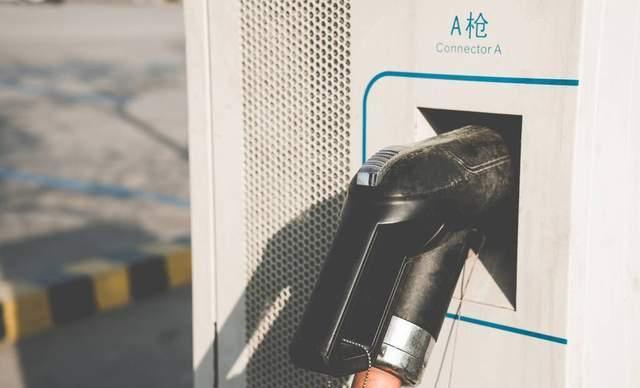U.S. tariffs on electric vehicles to China became a joke
Jintou.com
2024-05-27 17:27Published on the official account of Zhejiang Jintou.com
In 2012, China set a goal of vigorously developing the electric vehicle industry, and in 2014, two years after the start of the implementation, China sold about 75,000 electric and hybrid vehicles and exported about 533,000 vehicles.
Fast forward to 2024, and China has become the world's largest car market, with more electric vehicles sold than any other country, with 9.5 million vehicles delivered last year.
These achievements prove that the mainland's industrial policies and investments have paid off, and the West is starting to blush because they find that electric vehicles are an important part of the development of renewable energy.

So the slander came, and what was taken out was the words "industrial threat" and "overcapacity", although the EU wanted to play tricks, but after all, it had some concerns, and the United States directly removed the measures, and the import tariffs on Chinese cars quadrupled to more than 100%.
Some perceptions within the United States began to criticize that the Biden administration's measures were not good for dealing with global change, saying: "If global warming had been listened to in the 70s of the 20th century, global GDP per capita would have been 37% higher now." ”。“ By 2100, under a 'business as usual' scenario, the permanent cost of additional warming will rise to 52%, equivalent to trillions of dollars in economic destruction. "U.S. measures kill the green."
In fact, some people believe that the reason why the United States proposed and released its electric vehicle trade policy with China was a shadow caused by Japanese cars around the 80s of the last century.
Because in 1982, 1983 and 1984, Honda, Nissan and Toyota each opened American automakers for cheap cars that Detroit could not make, and jobs were created.
At the same time, American auto companies are operating as usual - the top 40% of American income earners continue to buy American cars, and the middle 20 to 40% buy Japanese cars. The bottom 20% to 40% have different used cars available for purchase.
Therefore, American car companies still rely on their own people to support themselves, and the reason why the United States wanted to target Japan at that time was because it was afraid that the money of the upper echelons would be earned.
Now, there are many reasons:
First, Biden is subject to the power bloc of the trade unions, and this year is an election year, and the unions are very large vote bases.
Second, Sinophobia in the U.S. system. Although Japan had an impact on American car companies back then, after all, Japan is still a "subsidiary island" of the United States, so it is not afraid, but China is different, and the United States believes that it has never won against China from a historical point of view.
Third, there is a lot of basic xenophobia and racism in the United States.
Fourth, the progress of history. The United States has found that the world is now following more and more of China, and many of them are no longer within their control, and even say that they are unable to deal with it alone, otherwise they will not be able to pull in Western allies.
Interestingly, recent surveys have shown that drivers under the age of 40 welcome Chinese brand electric vehicles with open arms. The survey found that 76% of young Americans would consider buying a Chinese electric vehicle.
Separately, another study released last month by AlixPro showed that 58% of U.S. buyers are very or moderately likely to buy an electric vehicle when they buy a car next time, and they are familiar with Chinese brands such as BYD, Yuejin Auto and NIO.
It can be seen that the influence of China's electric vehicles in the world has been released, and it is gradually gaining popularity, especially in Western countries, and it is irreversible from the perspective of trends.
View original image 25K
-

U.S. tariffs on electric vehicles to China became a joke -
U.S. tariffs on electric vehicles to China became a joke